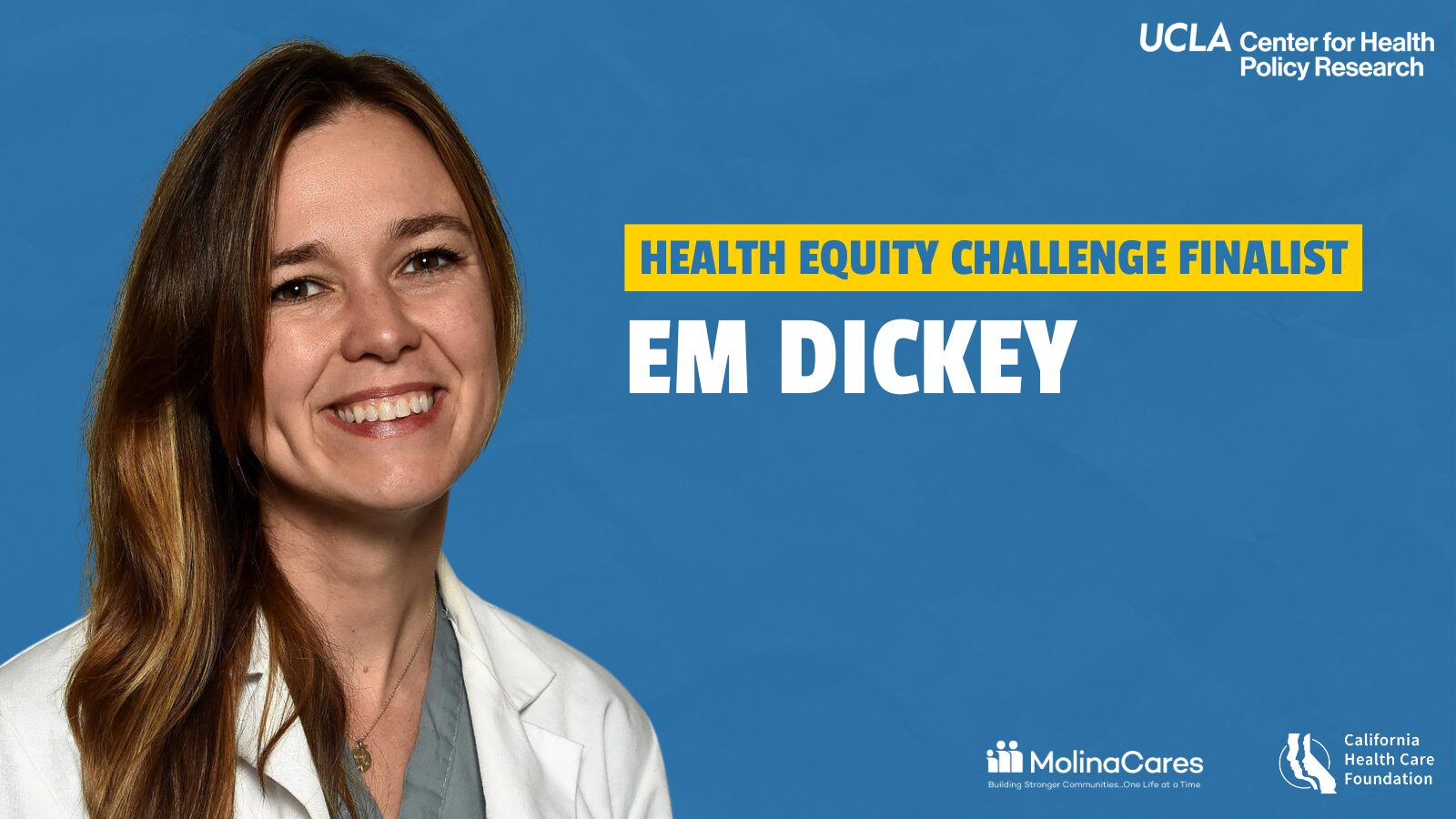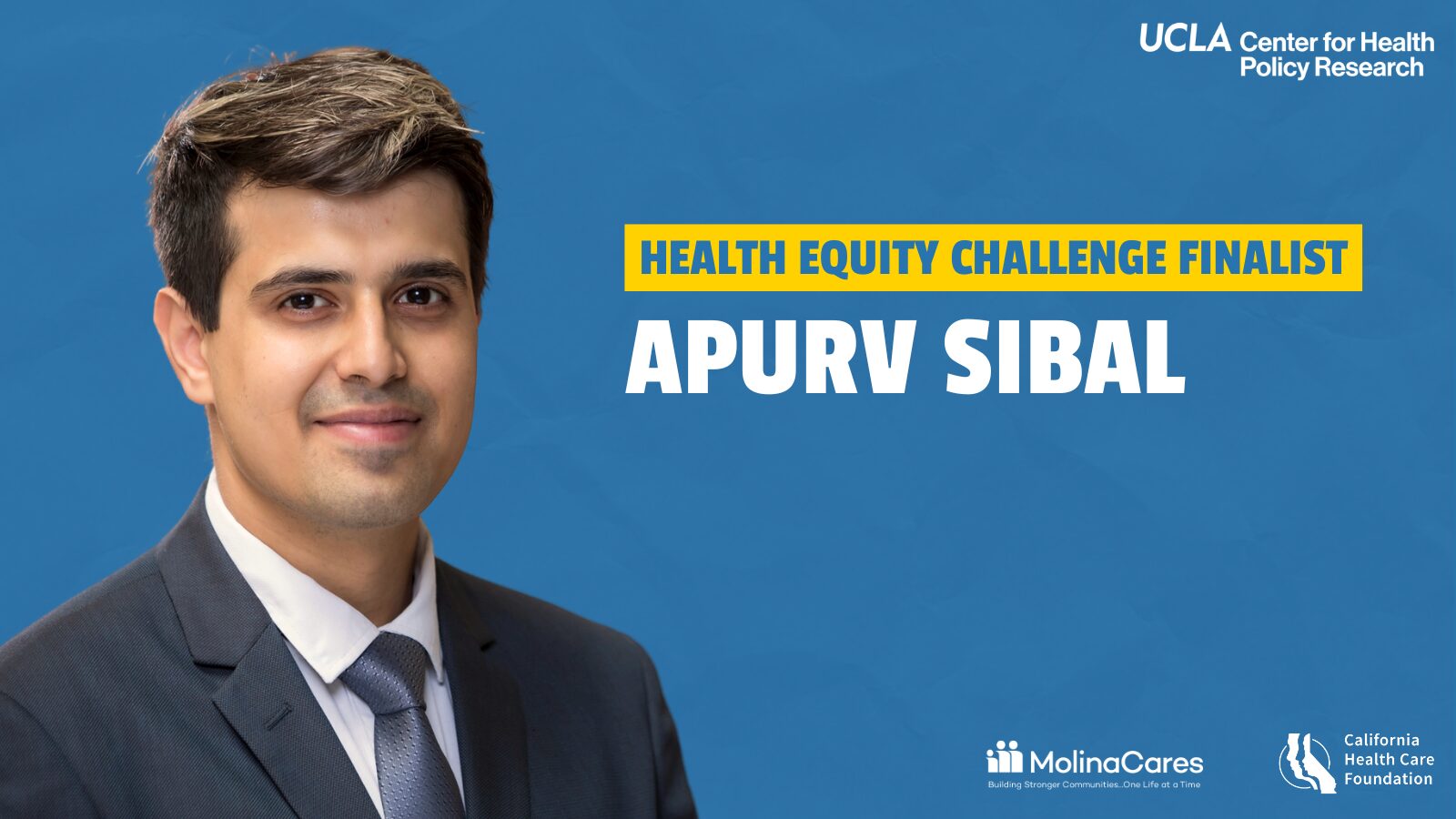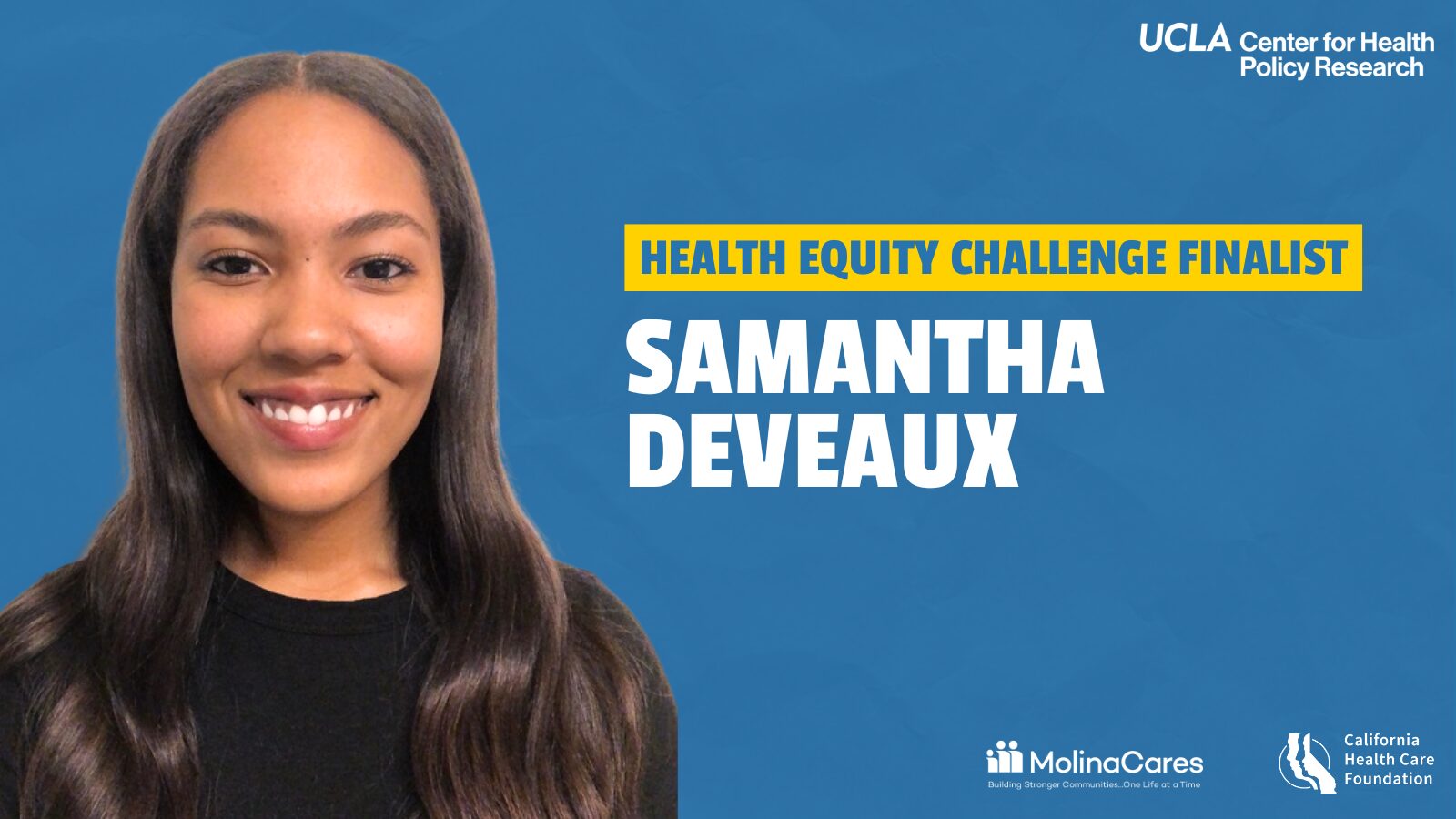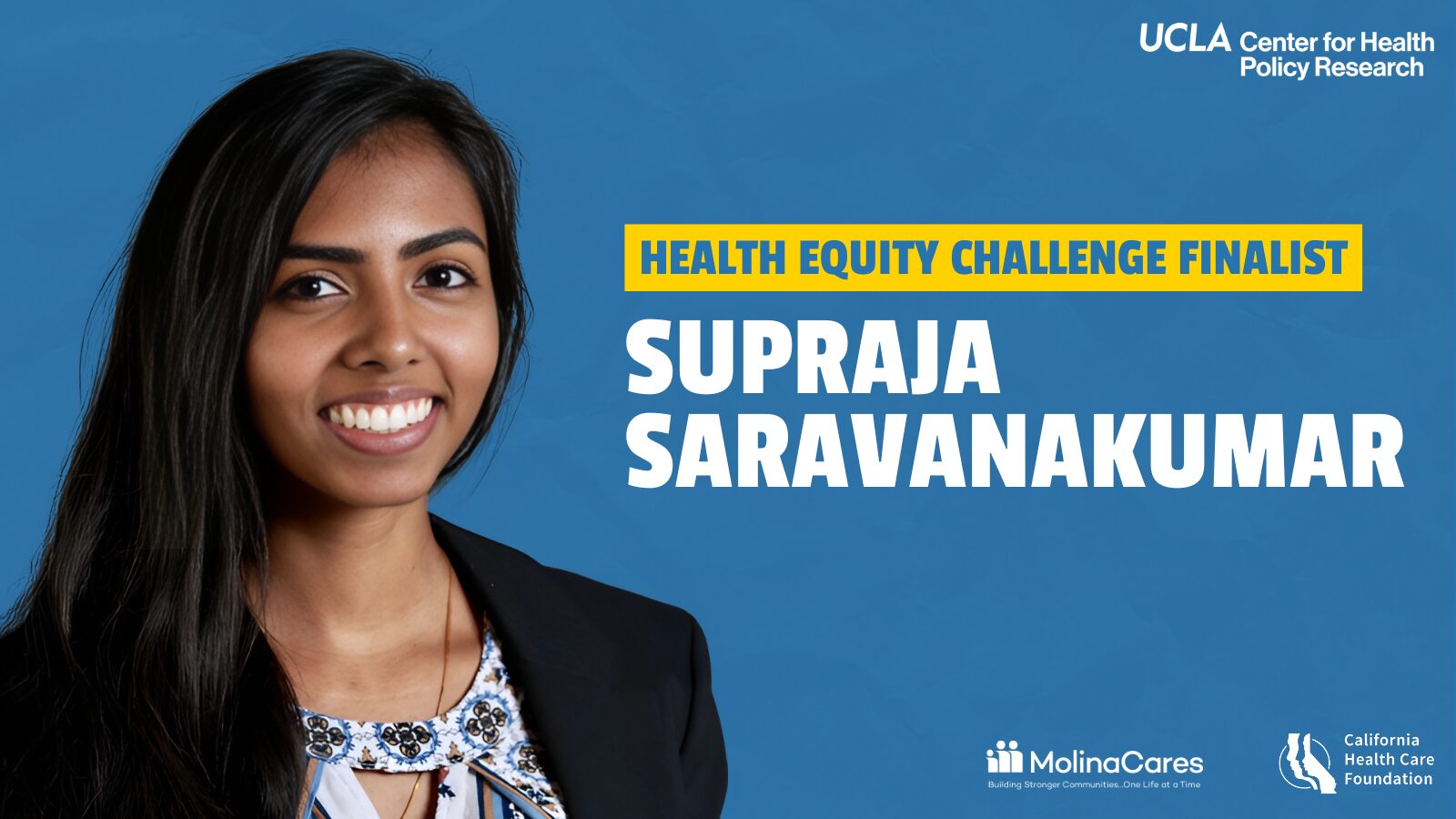
On my first clinical rotation of medical school, I sat in the corner of a crowded resident workroom willing a thought to coalesce in my mind as I stared at a patient’s chart. I was so intimidated that I found myself trying to breathe more quietly. No one had greeted me yet that day as they whirled through their early morning tasks. I was acutely attuned to my surroundings, the tense hum in my body giving me new insight into the evolutionary drivers behind a jack rabbit’s quivering and enormous ears. I watched as the residents moved in and out of the room and saw how they generated and received snippets of information in passing. Not a single one of them heard the whole story that they collectively painted about a human being that they had been charged with caring for that morning. I did. The facts were that a person experiencing homelessness had been assaulted while asleep in their tent and had come to the hospital for help.
As each resident passed through the room and participated in a game of telephone regarding these facts, they added qualifiers to the person’s humanity. They described the patient as “you know, a little off.” They raised their eyebrows meaningfully. They made flippant, callous jokes about the nature of the assault. One resident said the patient had been asking for it. I couldn’t believe my jack rabbit ears.
Starting medical school, I knew that my values of caring for all people, especially those at the margins whose lives have been shaped by trauma and systemic cruelty, would often be at odds with practicing medicine in the U.S.’s current, profit-based system. Beginning my clinical rotations was still a profoundly overwhelming blast in the face of just how staggering the magnitude of suffering is and how relentlessly the system can churn people through it, patients and doctors alike. In the Mobile Clinic Project, I found an antidote.
The average life expectancy of a person experiencing homelessness in the U.S. is 42–52 years. The national average life expectancy is 76 years. Unhoused people get 24 to 34 fewer years to live. One of the primary causes of inadequate access to health care and subsequent undue mortality among people experiencing homelessness is stigma in health care settings. This stigma is real and pervasive. It stops people from going to the doctor.
Volunteering with the Mobile Clinic Project, I have learned that one of the most potent medicines is the extension of gentleness to people who have been taught to brace themselves for judgment. I have learned to leverage acceptance of a person at their lowest ebb to nudge them on their course toward healing. I have learned these things by watching my fellow volunteers exercise breathtaking empathy to build trust. Street-side clinics like the Mobile Clinic Project play a crucial role in bringing care to people where they are and welcoming them as they are. It remains true, however, that health care provided out of a van or a truck is limited. Street-side providers often don’t have access to the lab testing and imaging modalities that unhoused people deserve.
My mentor for the Health Equity Challenge, Dr. Alan Chiem, has been invaluable in exploring how point-of-care ultrasound, a mobile imaging modality, could be utilized to increase the diagnostic capabilities of providers at the Mobile Clinic Project. As Director of Ultrasound Education at the David Geffen School of Medicine, he brought a formidable body of knowledge to the project, which he has graciously shared with me. I have learned a lot.
We started big, thinking about the applications of point-of-care ultrasound broadly. He helped me hone the scope of the proposal, identifying which point-of-care ultrasound techniques could be reproduced in the Mobile Clinic Project setting to offer maximum impact on the health of the patient population, while also building on the clinic’s existing model, emphasizing its strengths.
“Volunteering with the Mobile Clinic Project, I have learned that one of the most potent medicines is the extension of gentleness to people who have been taught to brace themselves for judgment. I have learned to leverage acceptance of a person at their lowest ebb to nudge them on their course toward healing. I have learned these things by watching my fellow volunteers exercise breathtaking empathy to build trust.”
He has taught me about the pathophysiology of congestive heart failure, the condition we are seeking to effect with our point-of-care ultrasound pilot, as it presents in the street medicine setting. He has shared with me his expertise on efforts to reduce morbidity and mortality associated with congestive heart failure from his perspective as an emergency medicine physician at a county hospital that is often on the receiving end of patients who, due to inadequate health care and houselessness, present repeatedly to the emergency department in acute congestive heart failure exacerbations.
He has been a thoughtful partner as I wrestle with project deliverables, funding sustainability strategies, measurement techniques, and, most importantly, ethical safeguards. His perspective, knowledge, kindness, patience, and dedication to teaching have been gifts that I would not have received if I had not had the opportunity to participate in the Health Equity Challenge. His mentorship and example of compassion also serve as an antidote to the stigma that I observed as a medical student learner in the hospital, and that unhoused patients far too often encounter when they try to go to the doctor.

By Em Dickey
2024 Health Equity Challenge Finalist
Em Dickey is pursuing her MD at the David Geffen School of Medicine at UCLA. She plans to train in emergency medicine to accompany and serve people who are underinsured, struggling with substance use disorders, and experiencing cyclical violence.
continue reading
Related Posts
As many as 50% of blind high school students drop out of high school and COVID only exacerbated this problem.
Coming from a low-income community of color, I personally witnessed how generations of systemic racism and economic corruption have led to a powerful mistrust in the health care system.
Postpartum depression (PPD) is a silent struggle for many new mothers, but for South Asian women, cultural stigmas and generational pressures often exacerbate this already challenging condition. As a woman of color and a first-generation college graduate, I have walked a path shaped by the nuances of both my cultural heritage and my academic pursuits.



